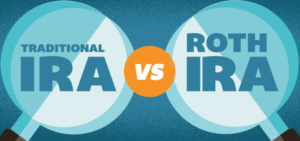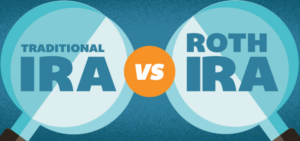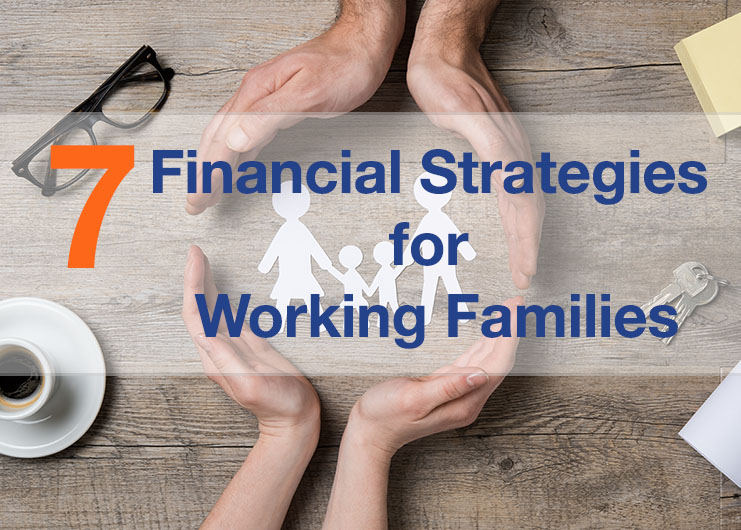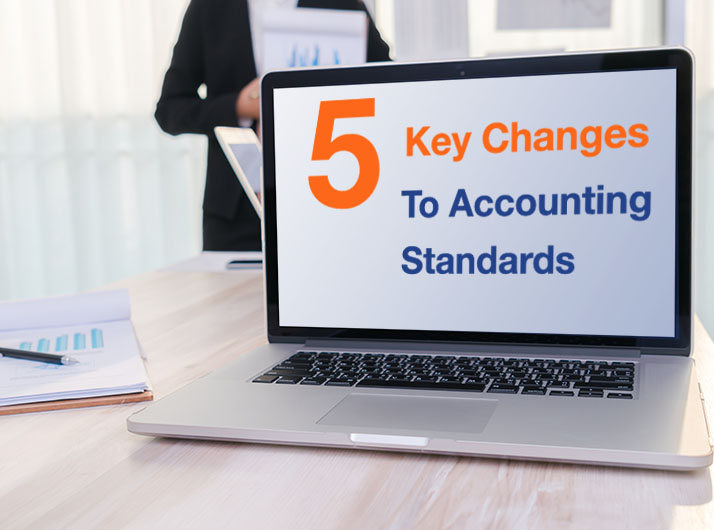Did you know that a name change could impact your taxes? Here’s what you need to know:
1. Report Name Changes. Did you get married and are now using your new spouse’s last name or hyphenate your last name? Did you divorce and go back to using your former last name? In either case, you should notify the SSA of your name change. That way, your new name on your IRS records will match up with your SSA records. A mismatch could unexpectedly increase a tax bill or reduce the size of any refund.
2. Make Dependent’s Name Change. Notify the SSA if your dependent had a name change. For example, this could apply if you adopted a child and the child’s last name changed. If you adopted a child who does not have a Social Security number, you may use an Adoption Taxpayer Identification Number on your tax return. An ATIN is a temporary number. You can apply for an ATIN by filing Form W-7A, Application for Taxpayer Identification Number for Pending U.S. Adoptions, with the IRS.
3. Get a New Card. File Form SS-5, Application for a Social Security Card, to notify SSA of your name change. You can get the form onSSA.gov or call 800-772-1213 to order it. Your new card will show your new name with the same SSN you had before.
4. Report Changes in Circumstances when they happen. If you enrolled in health insurance coverage through the Health Insurance Marketplace you may receive the benefit of advance payments of the premium tax credit. These are paid directly to your insurance company to lower your monthly premium. Report changes in circumstances, such as a name change, a new address and a change in your income or family size to your Marketplace when they happen throughout the year. Reporting the changes will help you avoid getting too much or too little advance payment of the premium tax credit.
Please contact our office at 408-252-1800 if you have any questions related to IRS requirements regarding a name change.





 Whether you’re starting a new company, seeking additional financing for an existing one, or analyzing a new market, a business plan is a valuable tool. Think of it as your blueprint for success. Not only will it clarify your business vision and goals, but it will also force you to gain a thorough understanding of how resources (financial and human) will be used to carry out that vision and goals.
Whether you’re starting a new company, seeking additional financing for an existing one, or analyzing a new market, a business plan is a valuable tool. Think of it as your blueprint for success. Not only will it clarify your business vision and goals, but it will also force you to gain a thorough understanding of how resources (financial and human) will be used to carry out that vision and goals.



